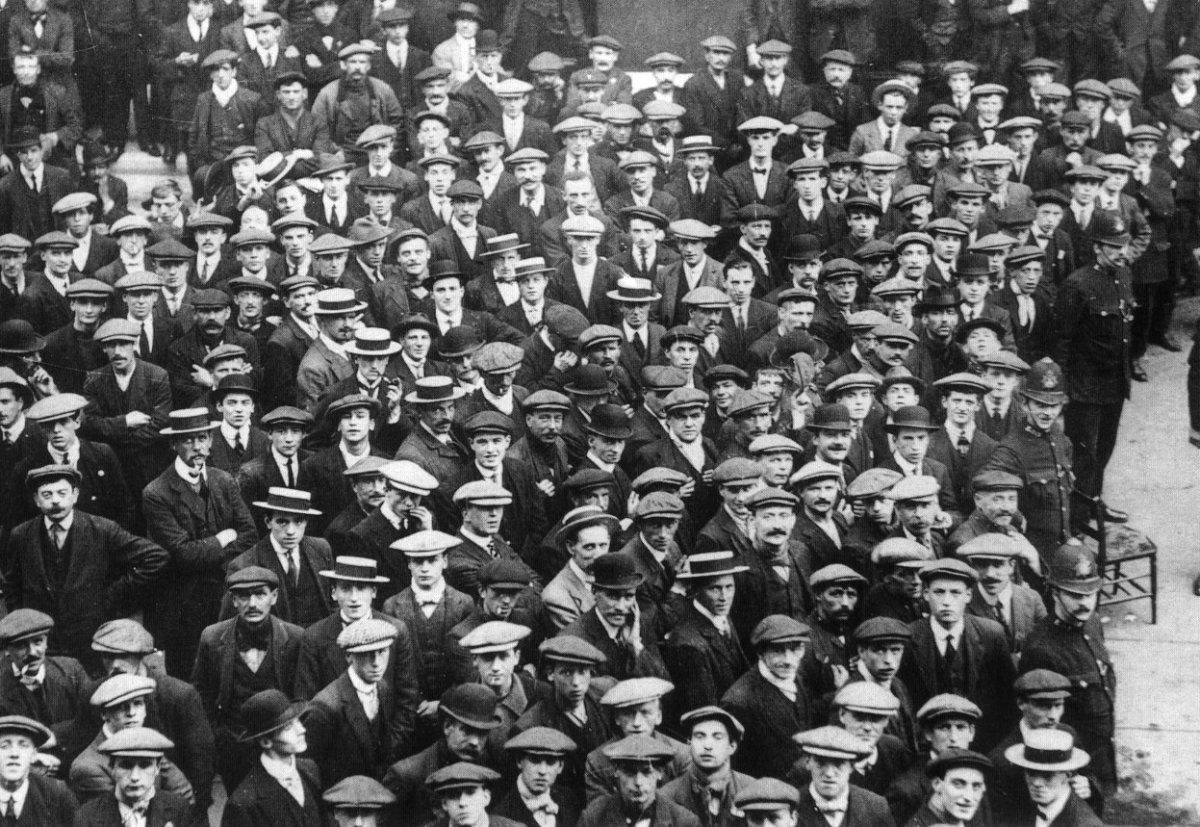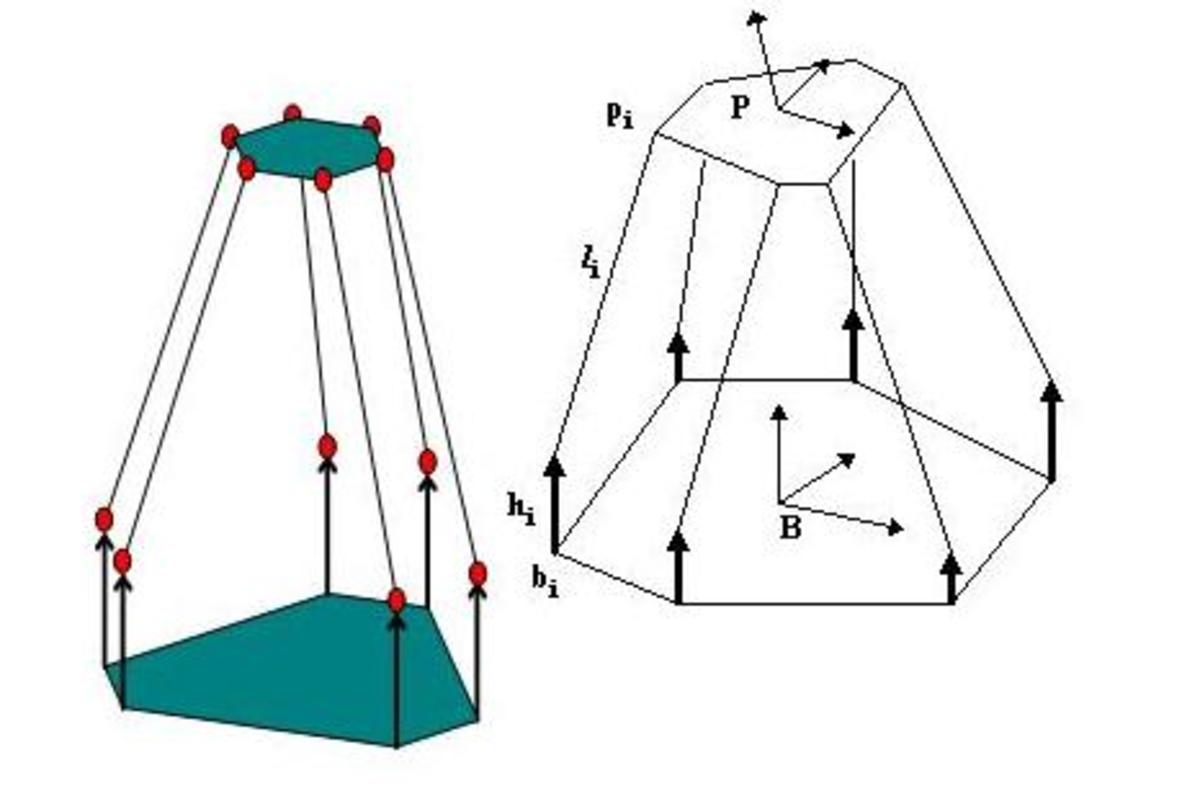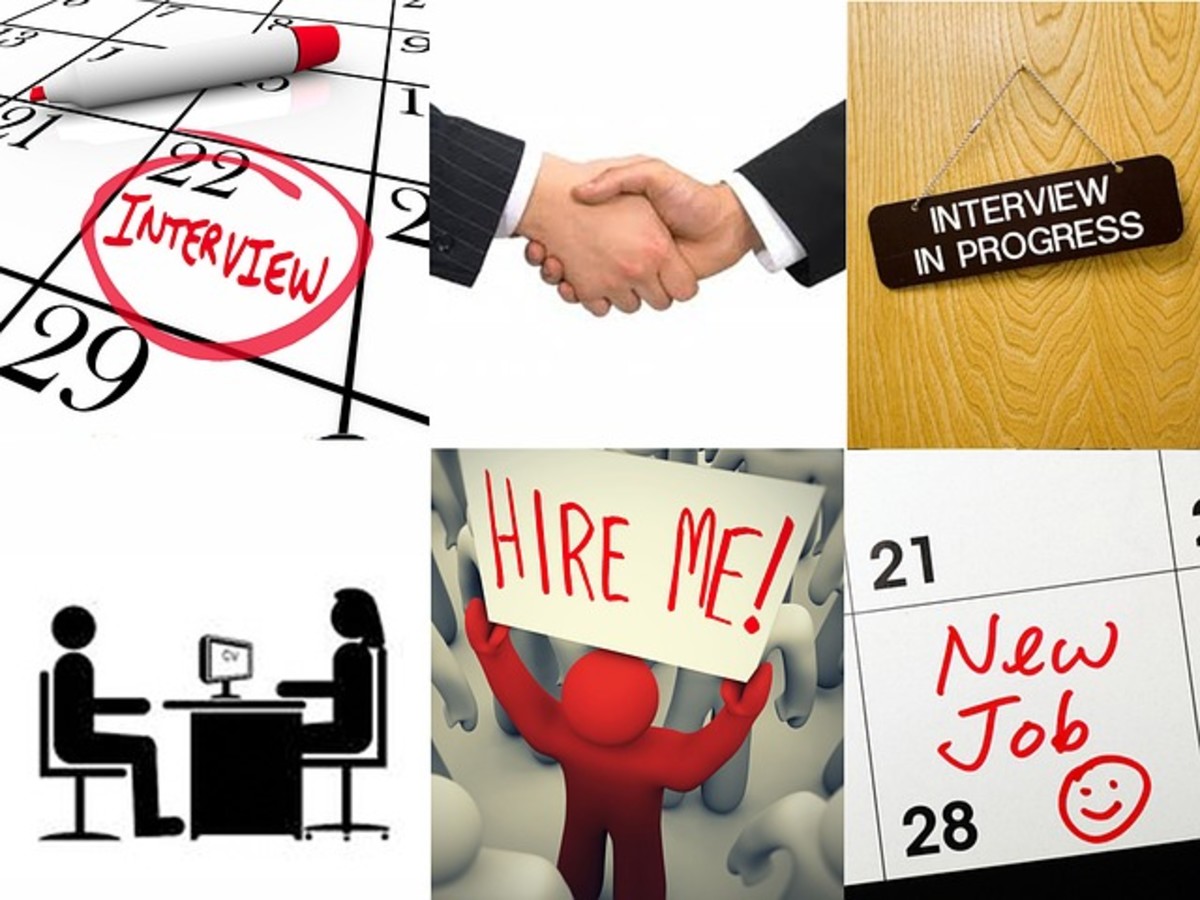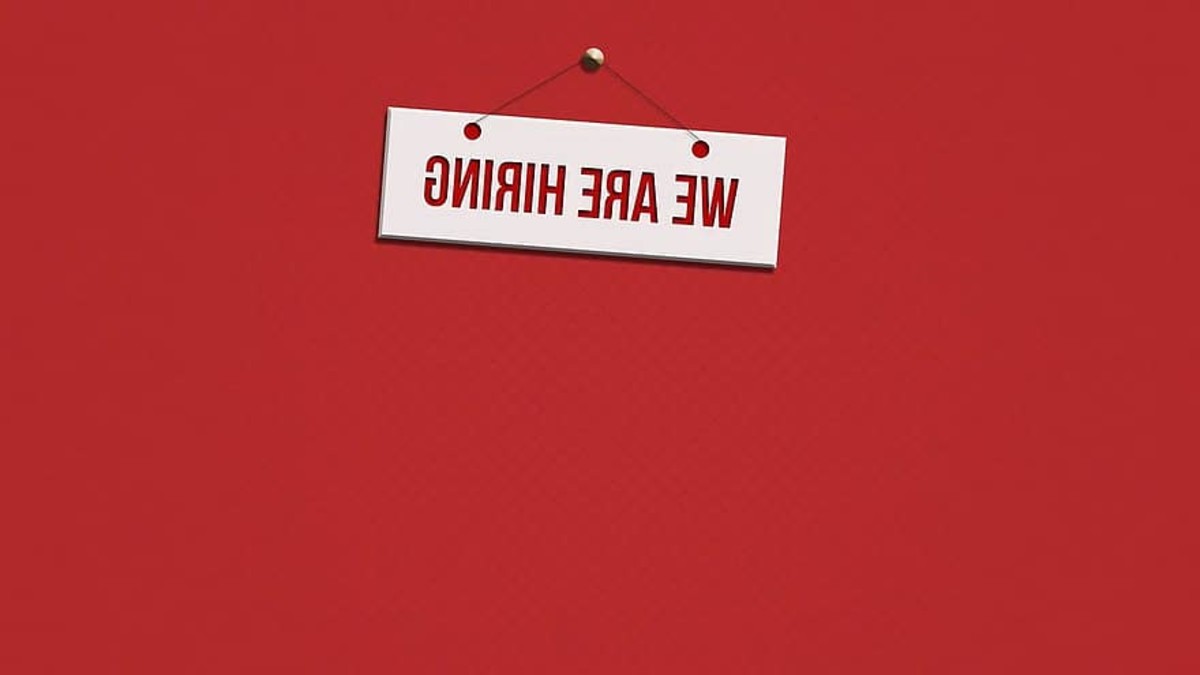- HubPages»
- Business and Employment»
- Employment & Jobs»
- Interviewing for a Job
How to Handle Hard Interview Questions Correctly
Introduction
Job interview questions have moved far beyond the standard questions. You may still be asked traditional job interview questions like “What can you contribute to this organization?” or “Why should we hire you?” Unfortunately for job applicants, managers are now asking questions with the intent to winnow the applicant pool.
Human Resources staff ask tough interview questions to find reasons to reject job applicants, such as asking questions to reveal personality traits that they are no longer allowed to test for or determine personal views the company considers contrary to the corporate culture.
What are the job interview questions they are asking, and how should you answer these questions by hiring managers?

The Hardest Interview Questions
Most interview questions exist not to say why the manager should hire you but identify those candidates who should be dropped from consideration. The interviewer or the Human Resources department has received dozens if not hundreds of resumes. They’ve vetted these and winnowed the field to a dozen or so good candidates. The interviewers are asking questions to find those who lied on their resumes, exaggerated their credentials, are a poor fit for the company or the job, have weak skills despite strong credentials or are simply not suitable for the position.
Hiring managers often ask what your greatest weakness is. This question has become a springboard into speaking of positive personality traits sometimes taken to excess. Asking about someone’s greatest disappointments in life can lead to legally fraught answers about marriage, children, educational attainment and other personal attributes. This has led many interviewers to ask more pointed questions about professional failures.
One of the most difficult questions to answer in an interview is when you are asked, “Can you tell me about an event at work where you did something or failed to do something, and you now feel ashamed of your actions?” Another version of this question is “What are some of your professional disappointments?”
This question puts job applicants in a quandary. Unlike questions about personal failings that could reveal a disability, this question is legal to ask in all cases. It’s a question on your job performance, albeit the worst one. You have the right to refuse to answer it, but the lack of an answer may be sufficient reason to be refused the job. You will be assumed to either stonewalling due to serious failings at work or are unable to admit even minor mistakes. Now you may ask, “How do I answer interview questions without giving them a reason to reject me?” Let’s look at how to answer the toughest interview questions.

How To Answer the Hardest Interview Questions
Take your time to think about the question. Rushing out with an answer suggests that you have many mistakes or are eager to get this admission off of your chest. If possible, look as if this question has never occurred to you before. Do not look guilty or sheepish. You can say, “I can’t think of anything offhand.” If asked again, you will need to answer the question.
Never give a personal failing, such as the fact that you worked so much over time that your marriage fell apart. Never confess an action that is illegal or publicly deemed immoral. Avoid admitting regrets, since it suggests that you failed to act ethically or correctly, while it hints that you knew the right action to take at the time.
Give an example of a sales pitch that failed before describing how you salvaged the relationship with the customer or learned from that experience to become a top performer the next year. Someone with a modest to significant failure that they overcome is the best person to hire. Describe a design flaw that was the result of an oversight before detailing how the defective products were recalled and repaired in record time.
Talk about the difficult customer to whom you did return the angry screams before resolving the issue with the help with the manager, and then discuss the customer service experience you’ve accrued since them. Mention the patient whose exotic medical problem wasn’t caught at first, and the medical paper that resulted from this experience. Mention the properly followed process that resulted in a worsened technical outage followed by your oversight of the process rewrite.
In short, show how you took lemons and turned them into lemonade. In the least, describe how you identified and then mitigated a disaster that could have been much worse.
End with a clear example of what you learned so that the problem will not happen again. Keep your answer as short as possible. Rambling on about a failing could result in saying something detrimental to your case, while taking time away from other questions that could show you in a better light. Whether the event was an honest mistake or a failure to act, do not say that you feel any guilt or regret. You want to show yourself to be a proactive problem solver or experienced team member, not someone who broods over past mistakes or is slowed down by regret.








